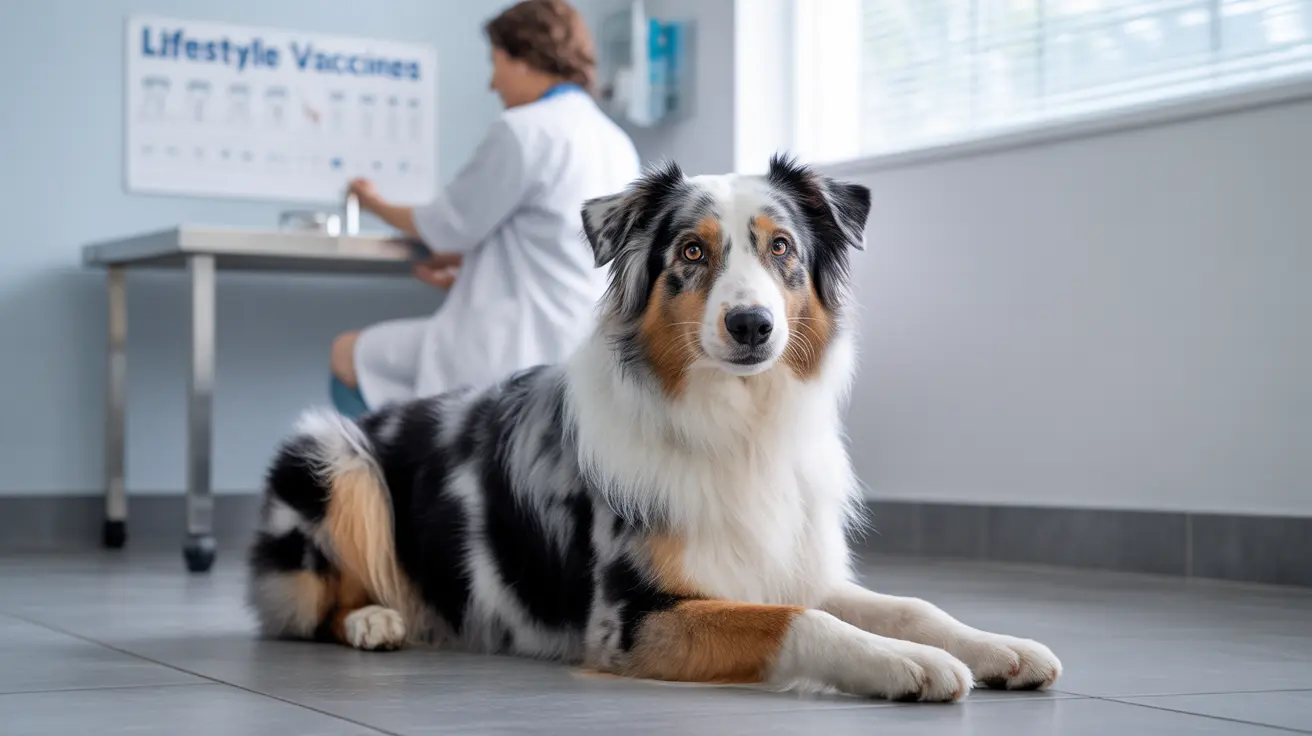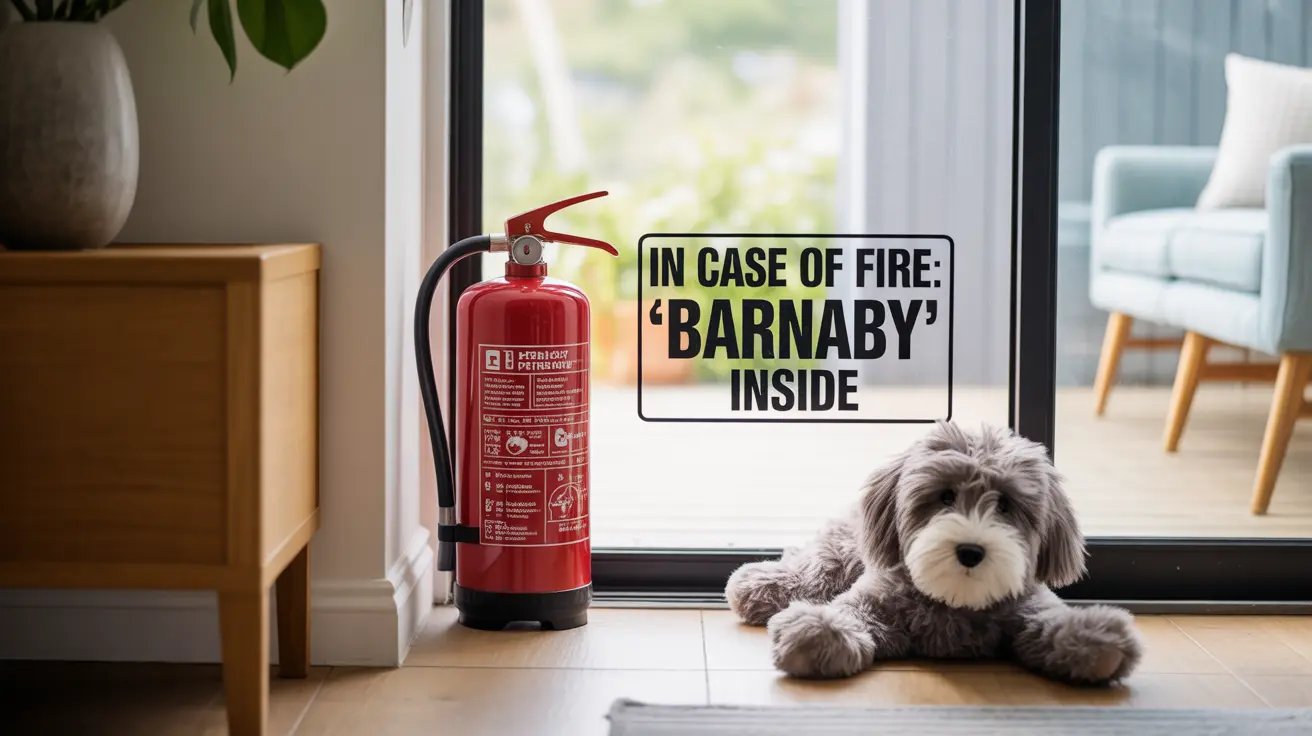What Are Lifestyle Vaccines for Dogs?
Lifestyle vaccines for dogs represent an essential category of preventive healthcare that goes beyond standard core vaccinations. Unlike mandatory core vaccines that every dog needs, these specialized immunizations are tailored to your pet's specific risk factors, environment, and daily activities.
Also known as non-core vaccines, these protective measures are carefully selected based on various factors including your dog's geographic location, social interactions, travel habits, and exposure to potential disease vectors. Understanding which lifestyle vaccines your dog needs can significantly impact their long-term health and well-being.
Core vs. Lifestyle Vaccines: Understanding the Difference
Core vaccines protect against widespread, severe diseases that every dog should be safeguarded against, such as rabies, parvovirus, and distemper. In contrast, lifestyle vaccines target specific risks that not all dogs face, making them optional yet potentially crucial depending on your pet's circumstances.
Your veterinarian will help determine which lifestyle vaccines are appropriate based on a thorough assessment of your dog's lifestyle factors and risk exposure. This personalized approach ensures your pet receives optimal protection without unnecessary vaccinations.
Common Types of Lifestyle Vaccines
Bordetella (Kennel Cough) Vaccine
This vaccine is particularly important for social dogs who frequently visit:
- Dog parks
- Boarding facilities
- Grooming salons
- Daycare centers
- Training classes
Lyme Disease Vaccine
Essential for dogs in tick-prevalent areas, particularly in the Northeast and Upper Midwest United States. This vaccine is recommended for dogs who:
- Spend time hiking or camping
- Live in wooded areas
- Have frequent exposure to tall grass and brush
Canine Influenza Vaccine
Recommended for dogs that:
- Participate in shows or sporting events
- Regularly visit dog parks
- Stay in boarding facilities
- Live in areas with known outbreaks
Determining Your Dog's Vaccination Needs
Several key factors influence which lifestyle vaccines your dog may need:
- Geographic Location
- Local disease prevalence
- Regional climate conditions
- Seasonal risk factors
- Activity Level and Environment
- Indoor vs. outdoor time
- Exposure to other animals
- Travel frequency and destinations
- Social Interactions
- Boarding facility visits
- Dog park attendance
- Group training sessions
Timing and Administration
Most lifestyle vaccines require initial doses followed by regular boosters. The frequency depends on:
- The specific vaccine type
- Your dog's age and health status
- Ongoing risk assessment
- Local disease prevalence
Your veterinarian will create a customized vaccination schedule that aligns with your dog's specific needs and lifestyle factors.
Frequently Asked Questions
How do lifestyle vaccines for dogs differ from core vaccines, and when are they recommended?
Lifestyle vaccines are optional immunizations based on specific risk factors, while core vaccines are essential for all dogs. Lifestyle vaccines are recommended when your dog's activities, environment, or location expose them to particular disease risks.
What factors determine whether a dog needs lifestyle vaccines, such as environmental exposure or social interactions?
Key determining factors include geographic location, frequency of boarding or daycare visits, outdoor activities, travel habits, and exposure to other animals. Your veterinarian will assess these factors to recommend appropriate lifestyle vaccines.
How often should lifestyle vaccines be administered to dogs, and does this vary by vaccine type?
Most lifestyle vaccines require annual boosters, but the frequency can vary depending on the specific vaccine and risk factors. Some may need more frequent administration during high-risk periods or less frequent boosters based on titer testing.
Can lifestyle vaccines like Bordetella or Lyme disease be considered essential for certain lifestyles or geographic locations?
Yes, certain lifestyle vaccines become essentially mandatory in specific situations. For example, Bordetella vaccines are typically required for boarding facilities, while Lyme disease vaccines are crucial in tick-endemic areas.
How do I determine if my dog needs specific lifestyle vaccines based on our activities and travel habits?
Consult with your veterinarian about your dog's routine activities, travel plans, and local disease risks. They can assess your pet's specific needs and recommend appropriate lifestyle vaccines based on these factors.
Conclusion
Making informed decisions about lifestyle vaccines is crucial for your dog's health and well-being. Regular consultations with your veterinarian, combined with an understanding of your dog's specific risk factors, will help ensure your pet receives appropriate protection through targeted vaccination protocols.






